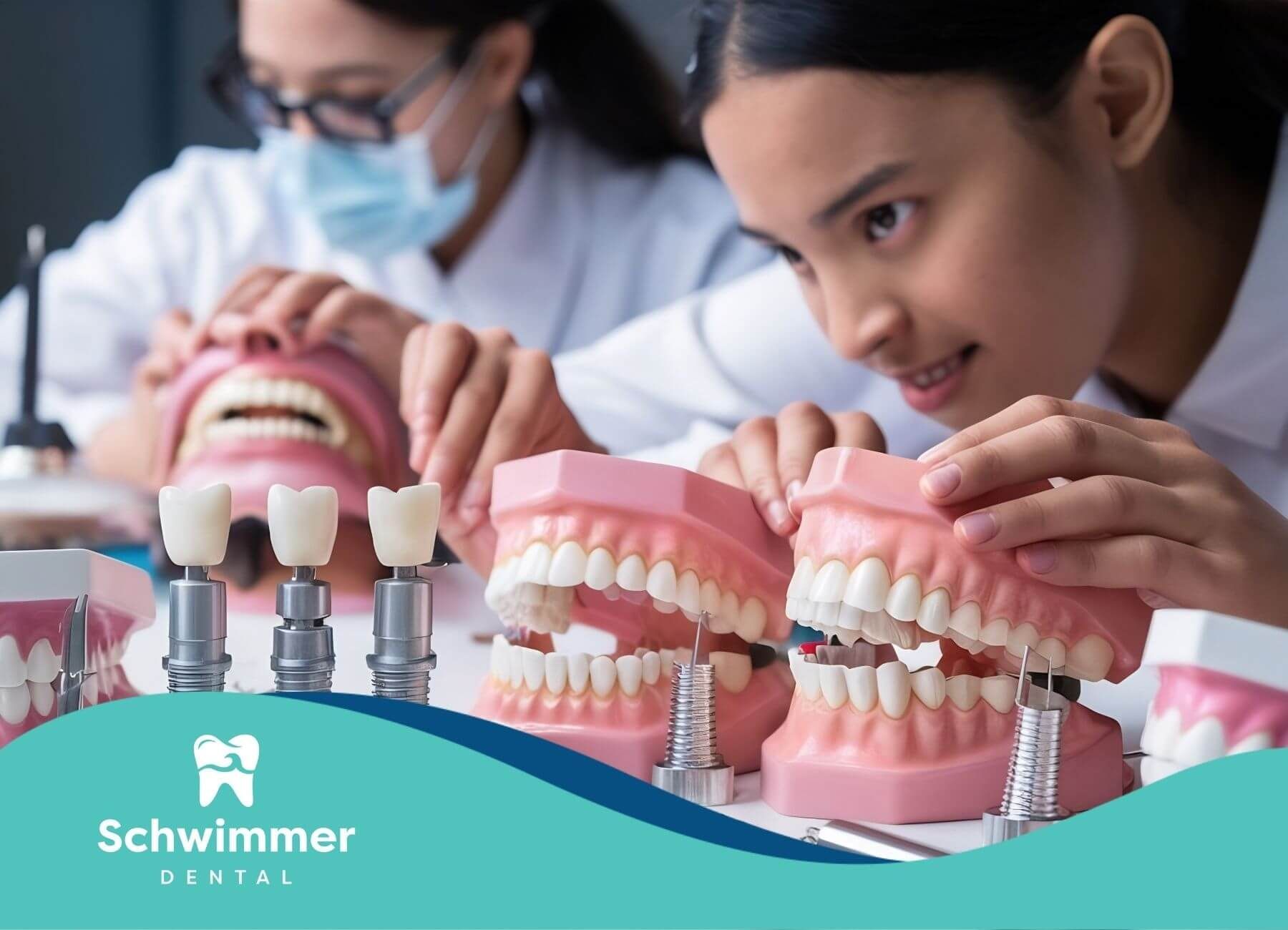How to Prevent Sports Dental Injuries and Play With Confidence
Key Highlights
- Dental injuries are common in sports activities, especially contact sports like football, hockey, and martial arts.
- Wearing a properly fitting mouth guard is the best way to ensure dental protection and safeguard oral health.
- Custom mouthguards offer better comfort and safety than store-bought options, making them ideal for young athletes.
- A strong oral hygiene routine helps keep teeth resilient against accidental damage and soft tissue injuries.
- Parents should encourage safe habits and the use of protective gear, particularly for kids and athletes with braces.
- Regular cleaning and proper care of mouthguards are essential for dental safety throughout sports seasons.
From basketball courts to skate parks, I’ve seen how quickly an accident can turn into a dental emergency. The right gear and habits can make all the difference—and that’s what we’re covering today.
Why Dental Safety Matters in Sports
Everyday Risks in Sports Activities
In my practice, I’ve treated athletes who walked in after a single game with chipped teeth, deep lip cuts, or worse—a knocked-out tooth. Most of them weren’t wearing a mouthguard at the time.
The American Dental Association reports that athletes are 60 times more likely to experience dental trauma without a mouthguard. That’s a statistic worth paying attention to.
One teenage hockey player I treated took a puck to the mouth during practice. His braces cut deep into his gums, and a front tooth shifted out of place. A custom mouthguard could have prevented most of that damage.
The Role of Mouthguards in Dental Protection
How Mouthguards Work
Mouthguards are like seatbelts for your smile. They absorb and spread out the force of an impact, protecting teeth, gums, and even the jaw joint from injury.
Dr. Eliot J. Young, sports medicine physician, puts it simply:
“Mouthguards are one of the simplest, most cost-effective ways to prevent dental injuries. Their consistent use could save athletes from years of dental work.”
Benefits Beyond Teeth
Mouthguards don’t just stop teeth from breaking. They prevent soft tissue injuries inside the mouth, shield braces, and may even reduce the risk of certain concussions by cushioning blows to the jaw.
Choosing the Right Mouthguard
Store-Bought vs. Custom-Fitted
- Stock Mouthguards: Inexpensive, ready-made, but often bulky and uncomfortable.
- Boil-and-Bite: Molds to your teeth after heating, offering a better fit than stock guards, but wears out more quickly.
- Custom-Fitted: Made from an impression of your teeth by your dentist. Best comfort, durability, and protection.
A 2022 British Journal of Sports Medicine study found that custom-fitted mouthguards reduced dental injuries by over 80% compared to stock versions in contact sports.
Which Should You Choose?
If you play contact or collision sports regularly, invest in a custom-fitted mouthguard. If you play casually or for short seasons, a boil-and-bite guard is a good budget option—but still far better than no protection at all.
Best Mouthguards for Different Sports
Contact Sports: Football, Hockey, Martial Arts
These sports carry the highest risk for dental trauma.
- Football: Protects against high-impact tackles.
- Hockey: Should be worn with helmets and face shields.
- Martial Arts: Extra jaw cushioning recommended for repeated hits.
Non-Contact but High-Risk Sports: Basketball, Soccer, Cycling
Dental injuries also happen in sports without direct tackling.
- Basketball: Accidental elbows are a common cause of chipped teeth.
- Soccer: Player collisions and headers can cause mouth injuries.
- Cycling/Skateboarding: Falls can send you face-first onto hard surfaces.
I often tell patients—if there’s even a small chance of a fall or collision, your teeth need protection.
Special Considerations for Kids and Young Athletes
Encouraging Safe Habits Early
Children are more likely to follow mouthguard routines if parents set the tone early. Make it part of their sports gear checklist—right alongside shoes and water bottles.
As a dentist, I also recommend:
- Checking the fit every few months as children grow.
- Avoiding chewing on the guard, which can weaken it.
- Scheduling a dental visit before each sports season to ensure proper fit and dental health.
Athletes with Braces
Extra Precautions
Braces add another layer of vulnerability. Impacts can damage both the teeth and the orthodontic appliance.
- Choose orthodontic-specific mouthguards that fit over braces.
- Never boil these guards—they’ll warp and lose their shape.
- Keep them clean and store in a ventilated case.
A poorly fitting guard with braces can cause more harm than good, so always get a professional recommendation.
Caring for Your Mouthguard
Cleaning and Maintenance Tips
- Rinse with cool water after every use.
- Brush gently with a toothbrush and mild toothpaste.
- Use a mouthguard cleaning tablet weekly.
- Store in a ventilated case away from heat sources.
- Replace at the first signs of cracking, odor, or poor fit.
Bacteria can build up quickly inside a poorly maintained guard, leading to gum irritation or infection.
Sports should be about performance and enjoyment—not worrying about your teeth. The right mouthguard, worn consistently and properly cared for, can prevent most sports-related dental injuries.
According to the Journal of the American Dental Association, athletes who wear mouthguards not only suffer fewer injuries but also recover faster from impacts. That’s a win for both your health and your game.
Don’t wait until a dental injury sidelines you. At Schwimmer Dental, we help athletes of all ages protect their smiles with custom-fitted mouthguards, expert advice, and preventive care.
Whether you’re a young athlete, a weekend warrior, or playing at a competitive level, our team is here to keep your teeth safe—season after season.
Call us today or schedule your consultation online to get your custom sports mouthguard and play with confidence.
FAQs
1. Do mouthguards really make a difference in sports?
Yes. According to the American Dental Association, athletes who wear mouthguards are 60 times less likely to suffer dental injuries.
2. How often should I replace my mouthguard?
Typically every sports season, or sooner if it’s cracked, misshapen, or doesn’t fit well. Kids and teens may need replacements more often as they grow.
3. Can I wear a mouthguard if I have braces?
Absolutely. Special orthodontic mouthguards fit over braces to protect both your teeth and the appliance during sports.
Sources:
- https://my.clevelandclinic.org/health/diseases/16916-dental-injuries
- https://www.rch.org.au/clinicalguide/guideline_index/dental_injuries/
- https://dentaltraumaguide.org/
- https://pmc.ncbi.nlm.nih.gov/articles/PMC8382465/
- https://www.dentalhealth.org/keeping-your-mouth-safe-while-playing-sport



